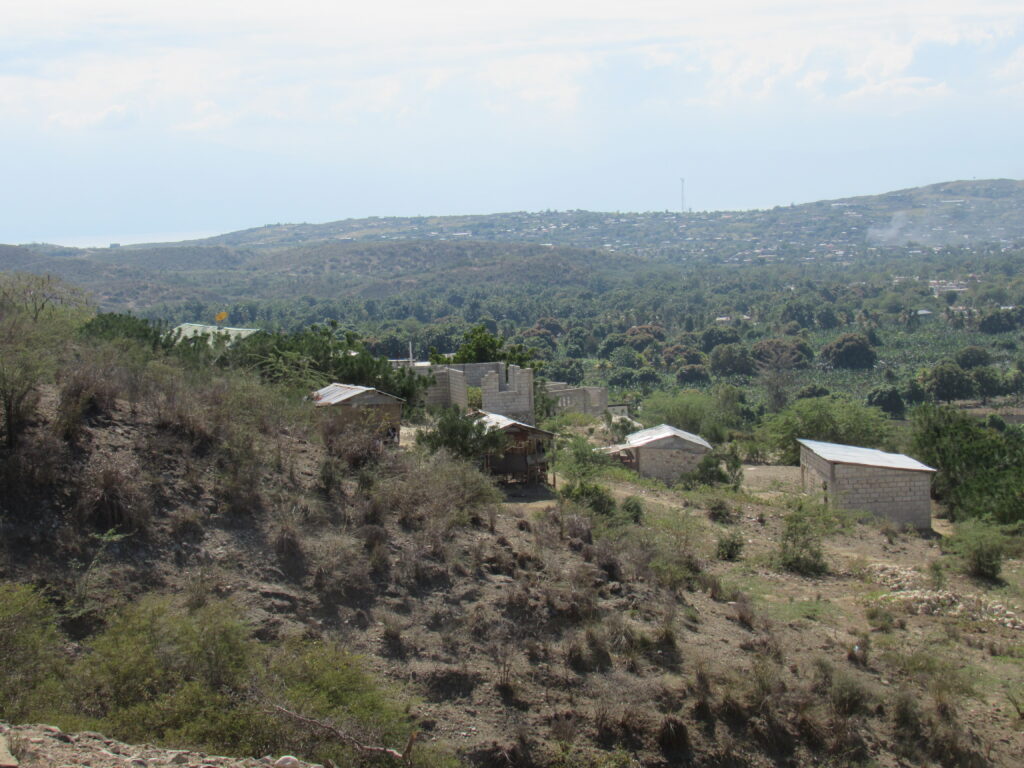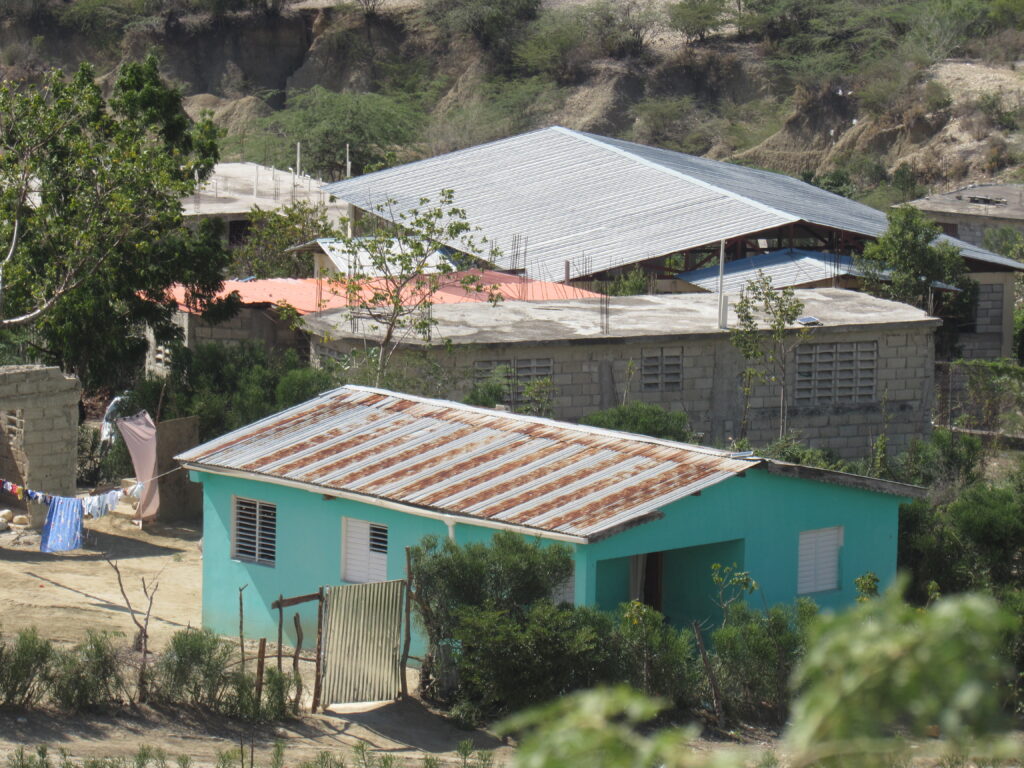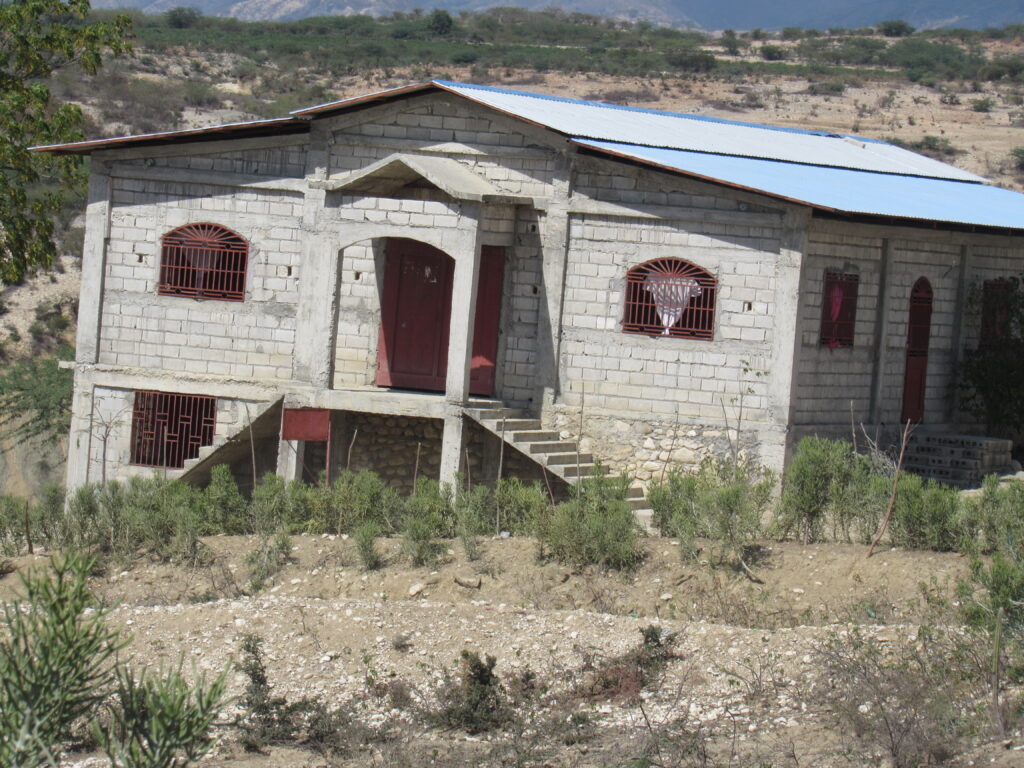Cameau is a place where community runs deep, and despite its small size, there is a bond that tie us together. Life in Cameau is simple. We live in harmony, and though our village has grown over the years, our sense of unity remains strong. Outsiders who come to make trouble soon learn that we don’t tolerate disruption. Here, we look out for each other, and anyone who seeks to stir up problems doesn’t stay long.
Our village thrives on trade and agriculture. Many families buy goods in bulk and resell them for a profit, a tradition that has helped sustain us for generations. Cameau is also blessed with fertile land. The fields are filled with crops—bananas, watermelons, eggplants, tomatoes, beans, and sugar cane.
We don’t have a formal leader in Cameau, but that doesn’t stop us from working together when issues arise. Whenever there’s a problem, we gather, talk, and come up with a solution. It’s this collective time that keeps our village functioning smoothly.
Cameau started as a small settlement by the river, where homes were once clustered along the water’s edge. Life was peaceful there until the flood. It was a disaster that changed everything—many homes were destroyed and damaged. After the flood, people began to build farther from the river, and the village spread out, growing steadily over the years.
When sickness comes, we have two choices: the clinic in Cazale or one in Cabaret. Though Cabaret is closer, we prefer the Cazale clinic. It’s better there—medications are free, and the care is more reliable. Most women give birth at home, assisted by family and a birth attendant, though some choose to go hospitals A few years back, the government even built a large clinic right here in Cameau, but it’s never been opened. There are no staff to run it, so it sits empty.
When someone dies, the village comes together in mourning. Some bodies are taken to the morgue, but many are buried within 24 hours. Death is part of life here, but we face it together.
The houses in Cameau are built from cinder blocks, with tin or cement roofs. A few homes are made of tarps, but they are rare. Cameau has three schools where children learn up to the 6th grade. After that, if they want to continue their education, they have to travel to a bigger town. The boys love to play soccer, and the girls prefer to jump rope.
Our faith is strong, with two churches in the village: a Nazarene church and a Church of God. There are no voodoo temples here, though you’ll find them in other places nearby.
But Cameau is not without its challenges. We have no paved roads, no electricity, and no potable water. There was a time, not long ago, when we could all travel to the beach together. Those were good times, when the country was safer and more stable. We would organize days where everyone—children, elders, and everyone in between—would load onto trucks and head to the coast for a day of laughter and relaxation by the sea. But those days are gone, at least for now.
Cameau may be a small village, tucked away from the bustle of larger towns, but it is filled with heart. In a world that often feels uncertain, we find peace in each other, in the land we work, and in the traditions we uphold. Life here isn’t easy, but it is rich in ways that matter most.




